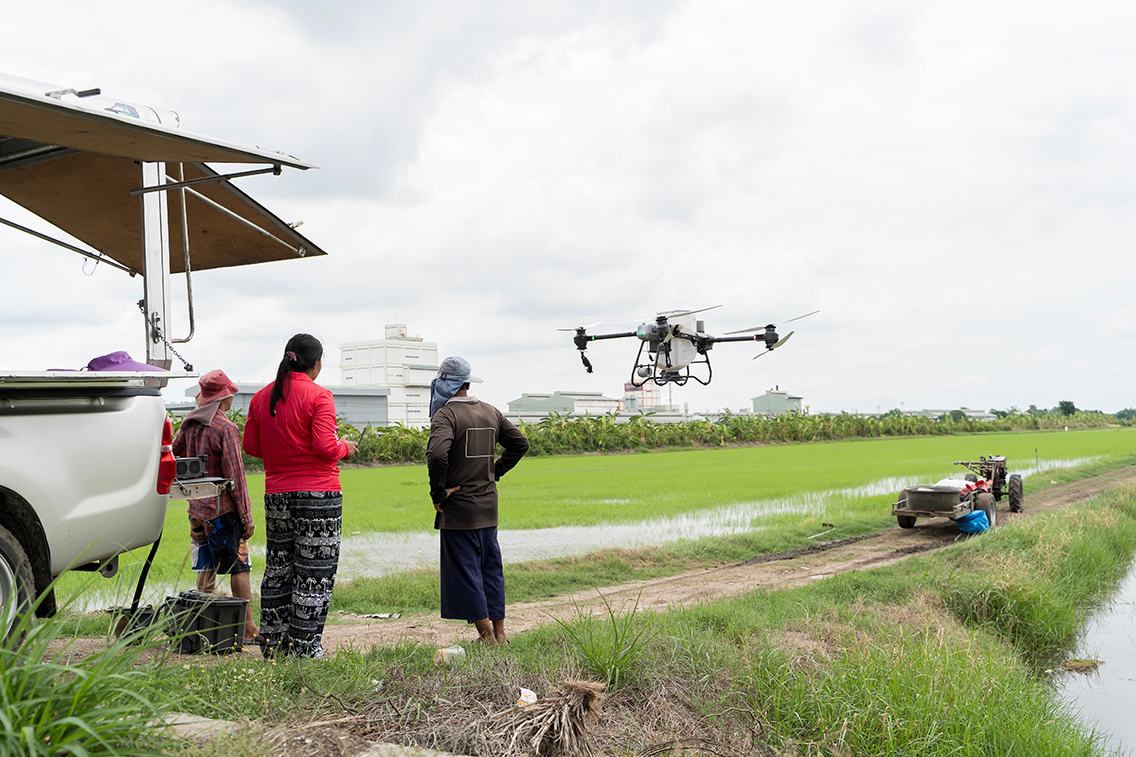After two difficult years marked by global uncertainty, shrinking liquidity and investor hesitation, Africa’s venture capital (VC) market is finally stirring back to life. The AVCA Q2 2025 Venture Capital Report paints a picture of a continent in recovery: investors are returning, albeit cautiously, and their focus is sharper than ever.
The numbers tell a story of renewed activity. African start-ups closed 122 VC deals in the second quarter of 2025, representing a 28% increase year on year. In the first half of the year, 239 deals were recorded, up 11% compared with the same period in 2024. Yet the amount of money flowing into the market remains modest. Total VC funding reached just US$1.2 billion in the first half of 2025 — roughly half the average seen between 2022 and 2024. The deal count is recovering, but capital deployment remains conservative.
In short, the market is reviving but highly selective. Momentum has returned, but investors are cherry-picking opportunities, prioritising quality over quantity, profitability over growth, and fundamentals over hype.
Bigger ticket sizes, fewer bets
Even as overall investment volume remains subdued, deal sizes are trending upward. The average ticket size rose to US$7.7 million, up 31% year on year, while the median deal climbed to US$3.3 million. This shift signals renewed confidence among investors who are willing to back proven founders and scalable business models. Rather than spreading risk thinly across many small bets, investors are doubling down on start-ups that have demonstrated resilience, strong unit economics and credible paths to profitability. In many ways, this represents a post-correction phase: a more disciplined, fundamentals-driven market emerging from the exuberance of 2021.
The recovery is being led from the ground up. Seed-stage activity surged, with 82 early deals recorded in the first half of 2025 — a 30% increase year on year. Seed funding rose even faster, climbing 40% to US$171 million. By contrast, late-stage rounds have nearly vanished. Only one was recorded in the second quarter of 2025 — a US$13 million Series C for Egypt’s MoneyFellows.
This imbalance reveals a market in rebuilding mode. Founders at the early stages are still able to secure capital, but those looking to scale face fewer options. Exit channels remain limited, and investors continue to exercise restraint beyond Series B. The African ecosystem is planting new seeds but waiting for the next crop of scale-ups to mature.
North Africa leads the charge
Geographically, 2025 has reshuffled the map of African venture activity. North Africa now leads the continent, accounting for 26% of all deals — 61 transactions — and US$248 million raised, marking its strongest performance in five years. Southern Africa follows, with fewer deals, about 18% of the total, but a larger share of overall capital at 25% of total funding. This reflects the presence of more mature companies and larger ticket sizes.
Notably, multi-region deals have declined sharply, dropping to 20% of total activity from nearly 40% before 2023. This suggests that investors are focusing locally, channelling funds into markets they know best and where they have strong operational networks and regulatory clarity. This regional specialisation may be a sign of ecosystem maturity: investors are choosing depth over breadth, strengthening national and sub-regional innovation clusters.
FinTech remains Africa’s heavyweight, commanding about one-third of total deal volume and value. However, other sectors are starting to break through, signalling long-awaited diversification. Industrials accounted for 21% of deals, driven by start-ups tackling logistics, mobility and manufacturing inefficiencies. Utilities and CleanTech attracted 10% of total funding, buoyed by a landmark US$55 million round for a Kenyan mini-grid energy firm. Artificial intelligence and AgTech are also emerging fast, contributing an additional share of early-stage activity.
These shifts reflect a broader transformation. Africa’s next wave of VC growth may be less about financial inclusion and more about infrastructure, energy and technology that underpin the continent’s real economy.
Venture debt goes mainstream
Another standout from AVCA’s second-quarter report is the explosive rise of venture debt. In the first half of 2025 alone, US$971 million in debt financing was raised — double last year’s total. For the first time, venture debt outpaced equity VC in a single quarter, hitting US$563 million in Q2. Although the number of debt deals dipped slightly, the surge in value shows that start-ups are increasingly comfortable using debt as a growth tool.
This trend reflects a more sophisticated and diversified funding landscape. Entrepreneurs are using debt to extend their runway without giving up equity, while investors — including development finance institutions and impact lenders — see debt as a way to balance risk and return in a cautious market.
The data point to a simple truth: Africa’s venture capital market is not booming — it is resetting. The pandemic-era exuberance has faded, but what remains is a more measured and sustainable ecosystem. Seed activity is strong, deal sizes are rising, and investors are getting smarter. The continent’s VC community is learning to operate with tighter capital, greater discipline and a stronger focus on long-term value creation.
What to watch in the months ahead
As the year progresses, several themes are likely to shape Africa’s VC landscape. Investment in CleanTech and AI is on the rise. Regional specialisation and the dominance of local funds are becoming more pronounced. Venture debt instruments continue to expand, while a persistent late-stage funding gap remains a concern.
Africa’s venture scene is entering its next chapter — leaner, wiser and better aligned with the realities of scaling on the continent. The hype cycle has ended, but a new foundation for sustainable growth is taking shape.
Want to continue reading? Subscribe today.
You've read all your free articles for this month! Subscribe now to enjoy full access to our content.
Digital Monthly
£8.00 / month
Receive full unlimited access to our articles, opinions, podcasts and more.
Digital Yearly
£70.00 / year
Our best value offer - save £26 and gain access to all of our digital content for an entire year!

 Sign in with Google
Sign in with Google 



